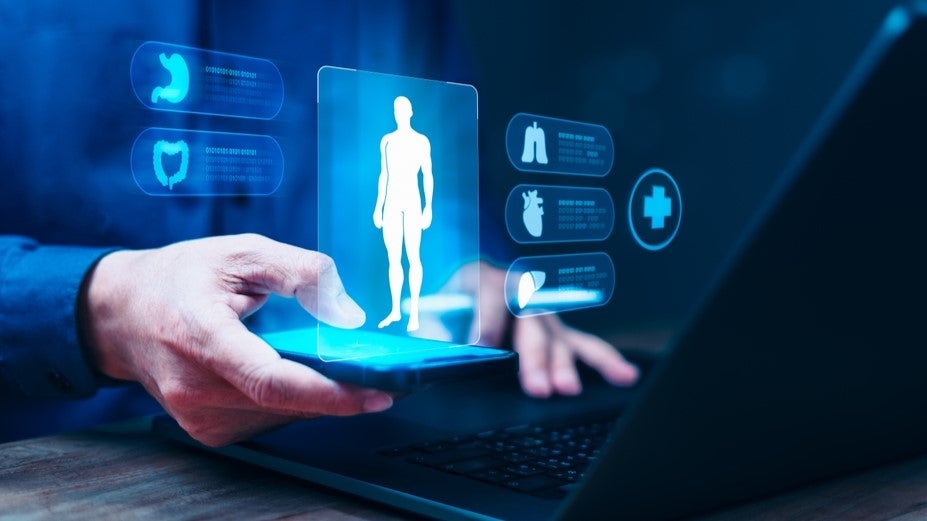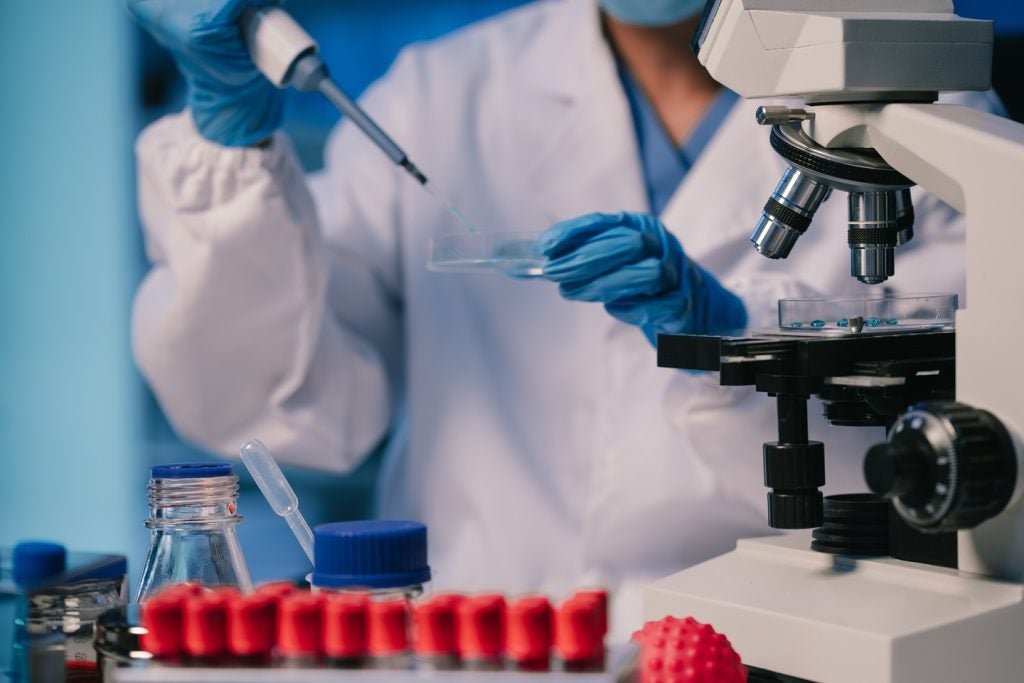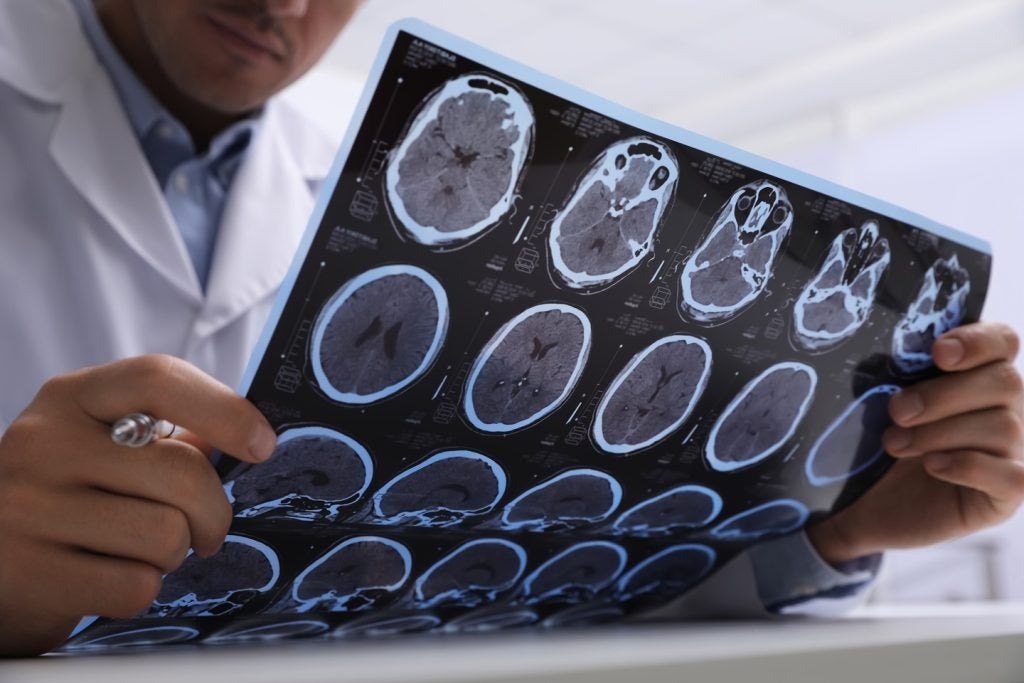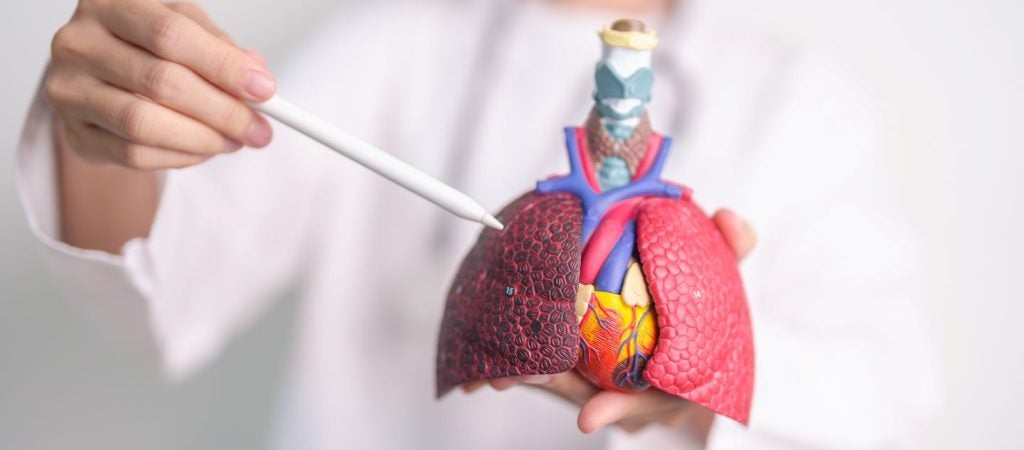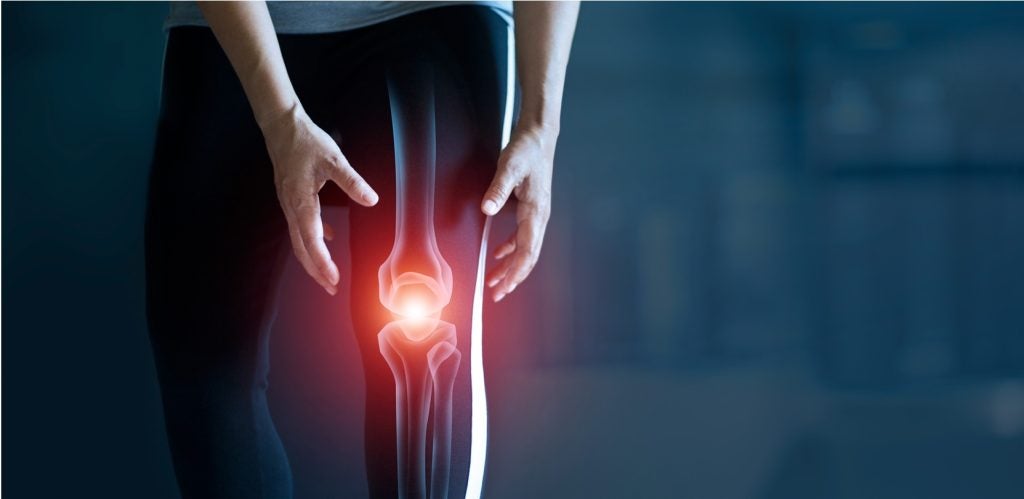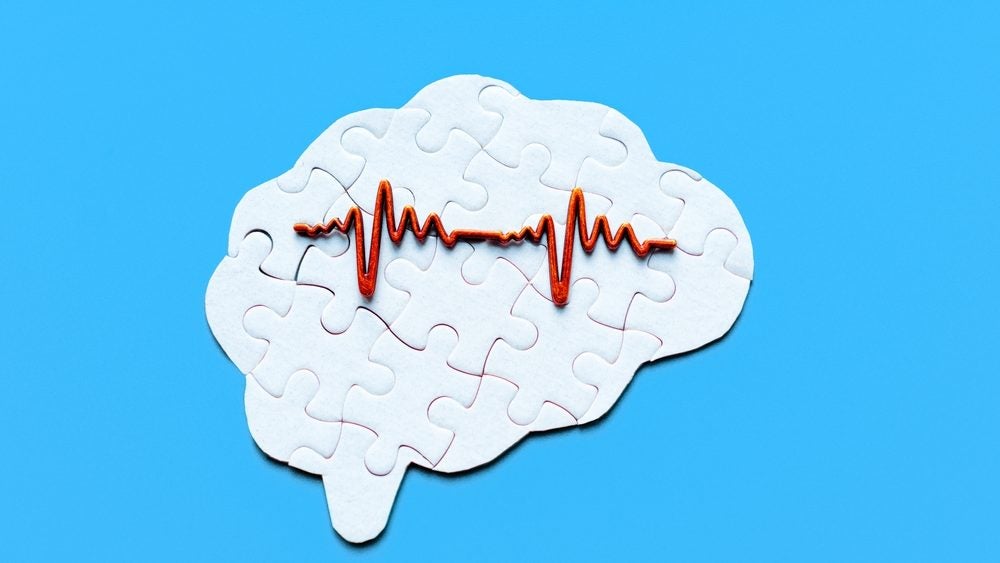Alio plans to increase the use case for its wearable remote monitoring SmartPatch technology to monitor health metrics in dialysis patients without vascular accesss sites.
The CAVA study is expected to validate the use of SmartPatch technology for non-invasive monitoring of critical health metrics from the calf. The health metrics monitored include haemoglobin, haematocrit, potassium levels, SpO2 level, blood volume and heart rate.
"By validating additional placement locations on the body with CAVA, we aim to expand on our prior regulatory clearances and serve a wider range of patients with critical health insights, including those with chronic kidney disease, heart failure, and other chronic conditions,” said Alio’s CEO, David Kuraguntla.
“Alio’s non-invasive, longitudinal and patient-friendly solution is ideally suited to address the insufficient and resource-intensive nature of managing such patients and elevate the standard of care at the same time.”
The SmartPatch technology was first cleared by the US Food and Drug Administration (FDA) to measure skin temperature, auscultation sound data and heart rate from arm-based vascular access sites in patients with end-stage kidney disease undergoing dialysis, in 2022. The following year, the company expanded the health metrics being measured to include haematocrit, haemoglobin, and potassium monitoring.
According to the company, the CAVA study will build on AIio’s previous research into using SmartPatch technology to monitor health metrics from arm-based vascular access sites. The study is expected to enrol up to 300 participants.
The Colorado-based company also noted that data from a preliminary study showed high correlation between the data acquired on the calf as compared to Alio’s previous FDA validations studies, and the gold standard.
Multiple companies have invested in developing remote monitoring devices. A 2022 report by GlobalData forecasts that the remote patient monitoring device market will reach $760m by 2030. The market will exhibit a compound annual growth rate of 3.3% from 2020 to 2030.
The use of technologies such as artificial intelligence (AI) and machine learning in diagnostics and patient monitoring is also increasing. GobalData forecasts the AI market is expected to grow from being worth approximately $93bn in 2023 to over $908.7bn in 2030.


